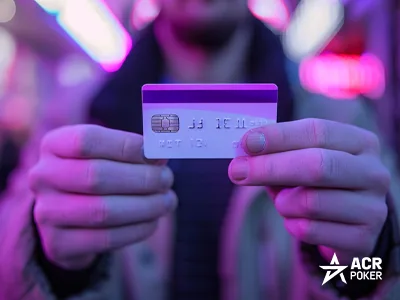The goal is to make it easier to conduct cryptocurrency transactions
Mastercard is taking a major step to make cryptocurrency transactions simpler and safer for everyday users. The global payments company is expanding its Crypto Credential program to include self-custody wallets. The goal is to let people send and receive digital assets using verified, easy-to-read usernames instead of the long, complicated wallet addresses common today.
The company has partnered with two key players to make this happen. Polygon will be the first blockchain network to support the rollout, providing the fast, low-cost infrastructure needed for mass adoption. Meanwhile, the payments firm Mercuryo will be responsible for user identity verification and issuing these new alias names.
This initiative is designed to mimic the familiar experience of sending money through traditional payment apps, where you use a name, not a bank account number. The move directly addresses the high risk of error when copying and pasting long hexadecimal wallet addresses, which can lead to irreversible loss of funds. Mastercard believes simplifying the process will build more trust in digital token transfers.
After a user is verified by Mercuryo, they can link a simple alias to their self-custody wallet. They also have the option to request a soulbound token on the Polygon network. This token acts as a non-transferable on-chain proof that the wallet belongs to a verified individual and supports the new credential-based transaction system.
According to Polygon Labs CEO Marc Boiron, the collaboration marks the moment when using a self-custody wallet becomes truly simple. Mastercard has been increasing its presence in the crypto space, having recently launched debit cards with other partners. This move with Polygon and Mercuryo is a significant step toward integrating web3 tools into mainstream finance.

